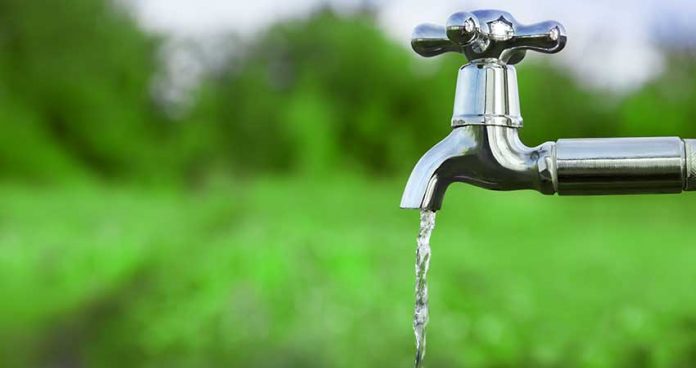- Even after 74 years of independence, the country of 1.30 billion population is yet to find answers to address easy availability and accessibility of basic amenities like water speaks volumes about how tardy our progress has been in provisioning common necessities for dignified human existence. Citizens would have heard leaders cutting across political affiliations promising, assuring, and claiming to provide Sadak, Bijli, and Pani elections after elections at all levels of governance. Despite such unfulfilled promises rendering their lives unhealthy and undignified, people diligently vote to choose their elected representatives with a hope of at least partial fulfillment soon. That’s the vibrancy of our democracy if you please.

PC: Simon Kuper
- People though are more cynical on all matters related to politics, the very fact that life sustains on hope alone allows them to endure continued duplicity by the elected representatives persistently failing to provide succor. And the saga of falsehood and unfulfilled perseveres. Amid this depressing scenario comes extremely heartening and refreshing news that Puri, Odisha has been declared as the first Indian city to get 24×7 safe drinking water on tap. The Chief Minister of Odisha made the announcement recently showcasing that diligently pursuing any endeavor with conviction would usher in desired results. If Puri can achieve the seemingly impossible, what stops other cities from emulating the culturally renowned city?
- As ruminated above, the rest of India is still grappling with the issue of piped water which is not universally available. Most importantly, tap water is not potable in most of the country resulting in a monumental failure of our public health system. To what extent the ramification of the moribund system demands attention can be gauged by the Niti Aayog’s 2019 composite water management index. The report notes that India’s per person disease burden due to unsafe water and sanitation is 12 times higher than Sri Lanka’s and 40 times higher than China’s. No wonder, water-borne diseases like diarrhea kills millions. Conversely speaking, finally, the supply of drinking water has become a political priority after these many decades.

PC: Wockhardthospitals
- As a corollary, the Centre is in mission mode since 2019, when the jal shakti ministry was formed. Alongside states like Odisha and Delhi, some states like Bihar have seen major progress on this front. It is immensely satisfying to note that Bihar households with tap connections have swelled from around 2% to 86%. Of course, there are some laggards like Uttar Pradesh, West Bengal, and Rajasthan whose performance needs to be pulled up. Simply because, not only for that jump in GDP that drinking water availability promised, but also to protect millions from completely preventable diseases. Installing pipes is only one part of the challenge of supplying safe drinking water.
- Attention must be paid not just to surface water but also groundwater by stringently checking whether the source is a health hazard, if not, measure to ensure purification is in place. It should not be a case of water looking clean but not safe for consumption. Thus, ensuring quality control measures alongside reliable and real-time monitoring of water quality is imperative. Finally, if only other states and cities can replicate what Puri has proudly achieved, the common citizens can happily trust the tap to drink directly from it. Hopefully, urgency on the matter will push our political class to lay great emphasis on providing safe drinking tap water across the country.






